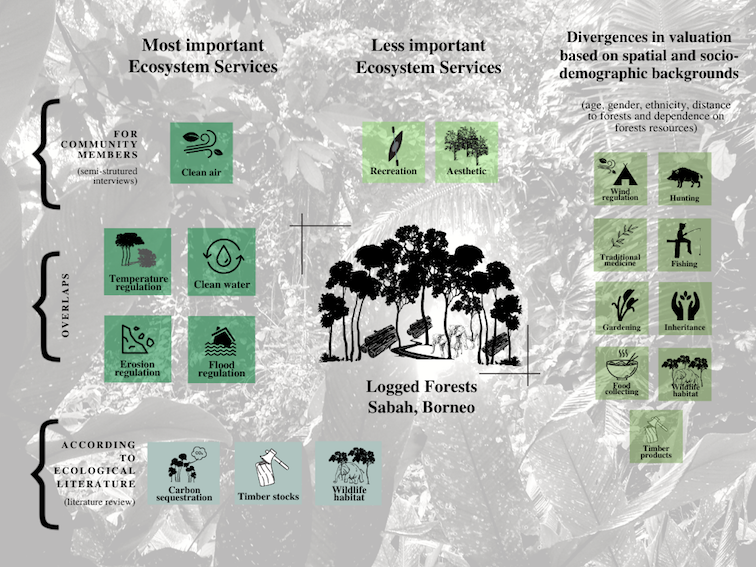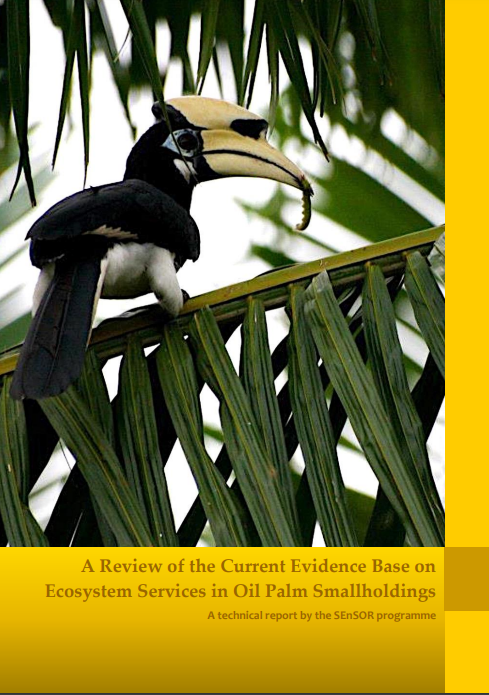
New report exploring the evidence base for ecosystem service provision in smallholdings
The SEnSOR project has recently conducted a literature review to understand the evidence base behind the common assumptions that oil palm smallholdings are better for biodiversity than large commercial plantations, and that this biodiversity can provide beneficial ecosystem services that could be harnessed to improve yields sustainably with fewer chemical fertiliser and pesticide applications. The SEnSOR team explored the available literature to understand links between habitat heterogeneity, biodiversity and beneficial ecosystem service provision in smallholder oil palm production. They found that the literature has established a pattern of increased habitat heterogeneity in smallholdings compared to large scale plantations, linked to increased incidence of polyculture practices (farming multiple crops in the same area). There was also evidence of a link between this habitat heterogeneity and increased biodiversity, though the precise nature of this link was ambiguous. There was no evidence of a clear link between biodiversity and effective provision of ecosystem services for oil palm smallholders. Research is needed to fill substantial gaps in the knowledge base on how natural ecosystem service provision can be harnessed effectively for smallholder production, in a way that benefits the environment and livelihoods. Read the full report here.
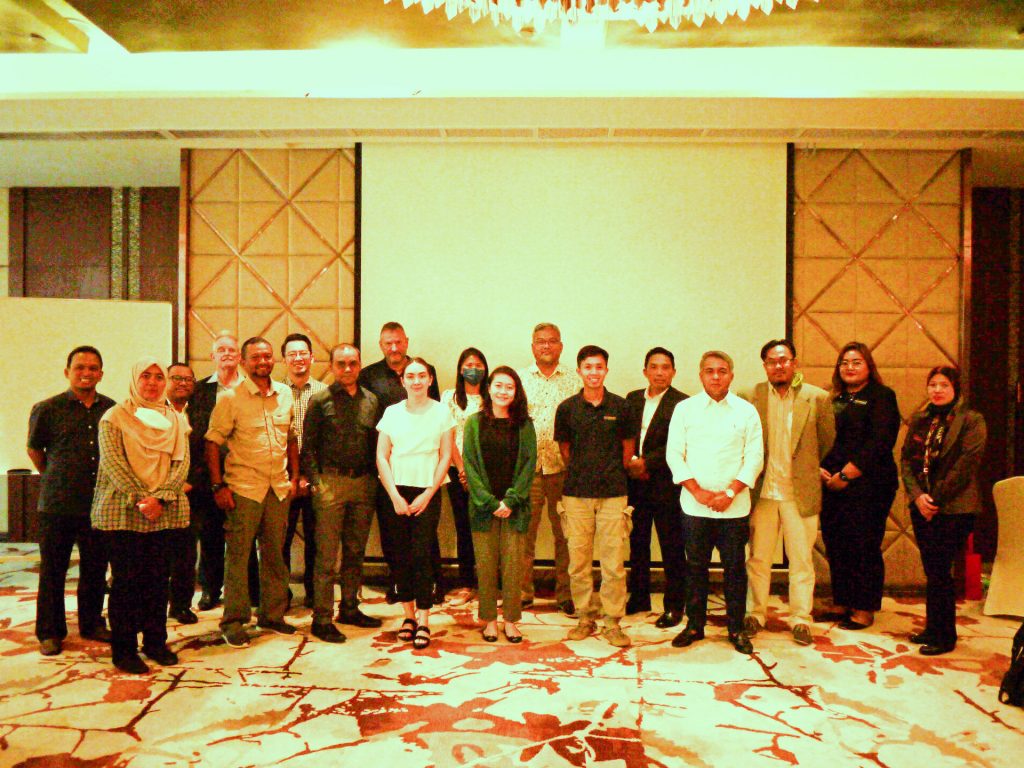
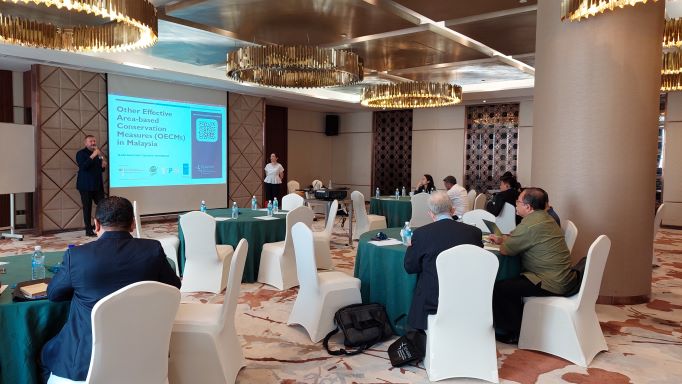
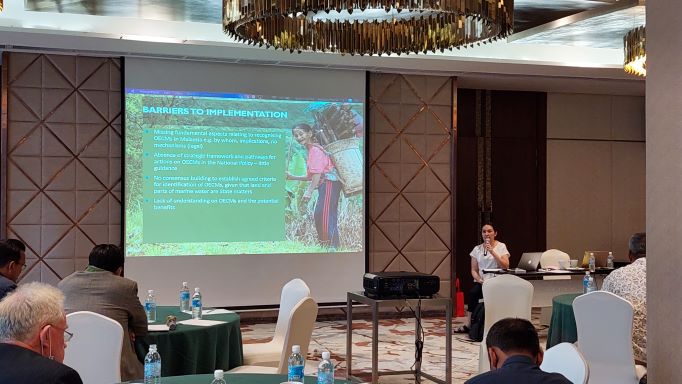
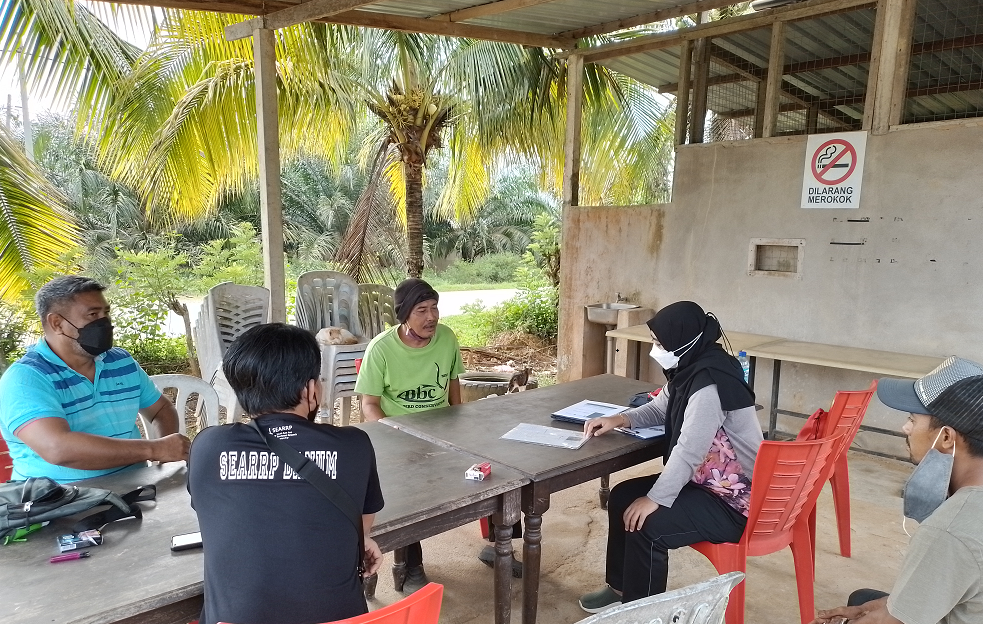



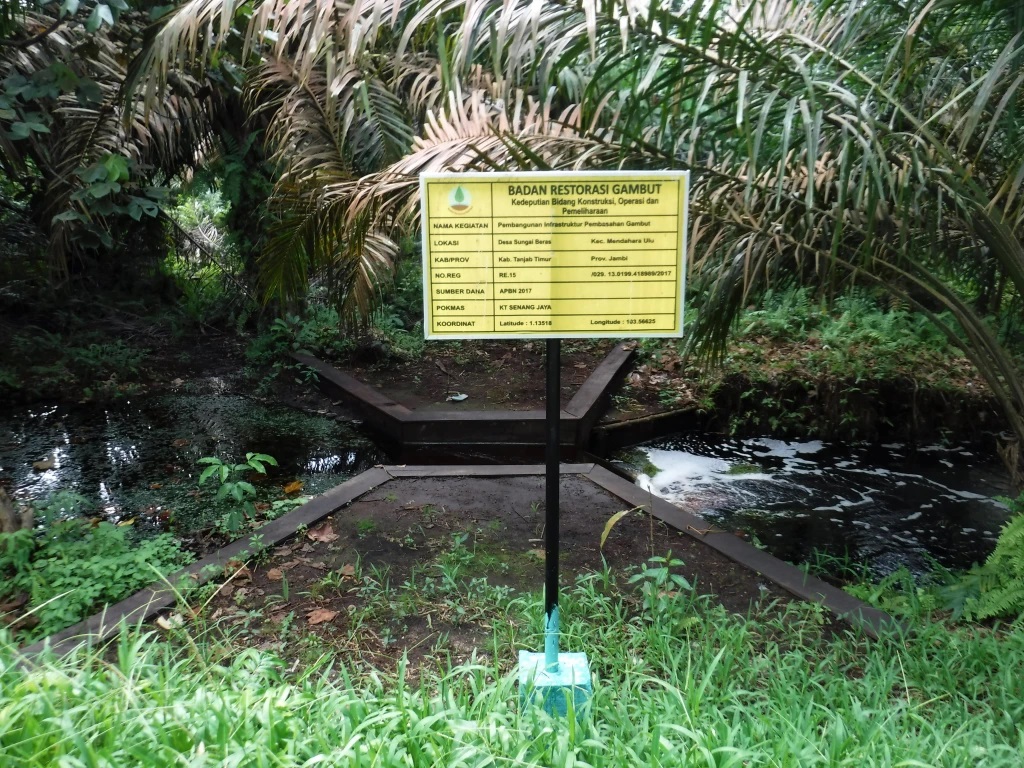
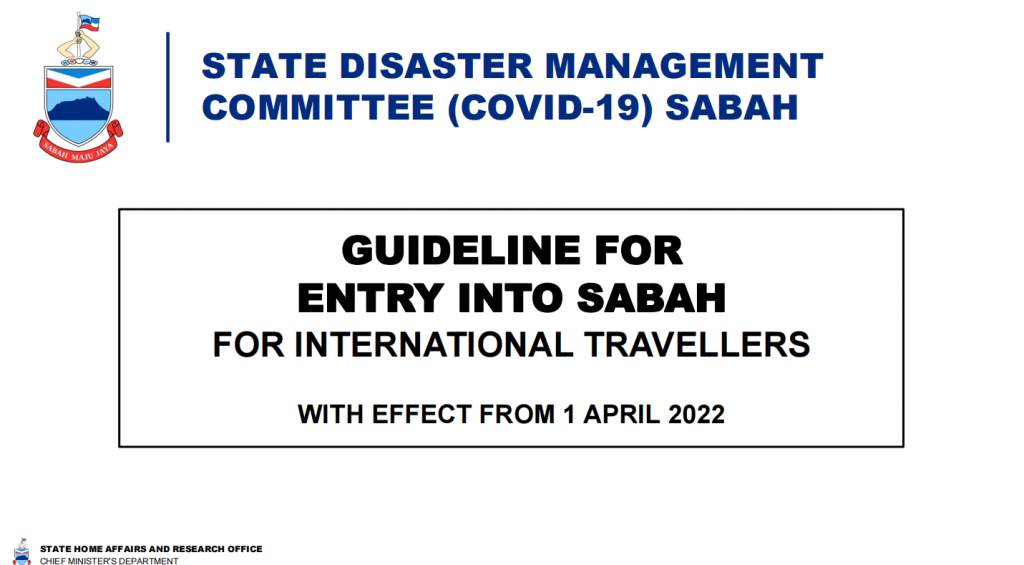
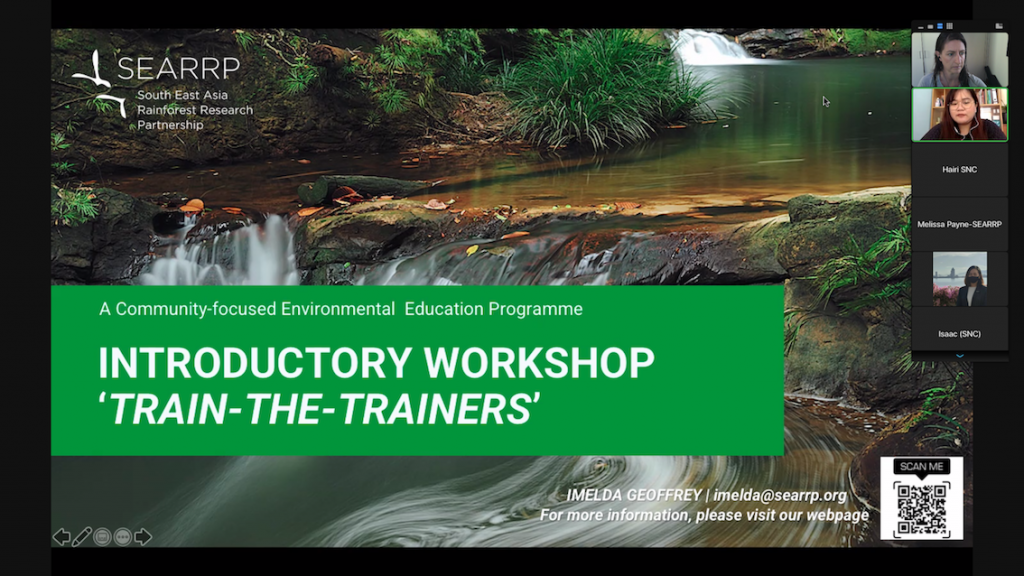
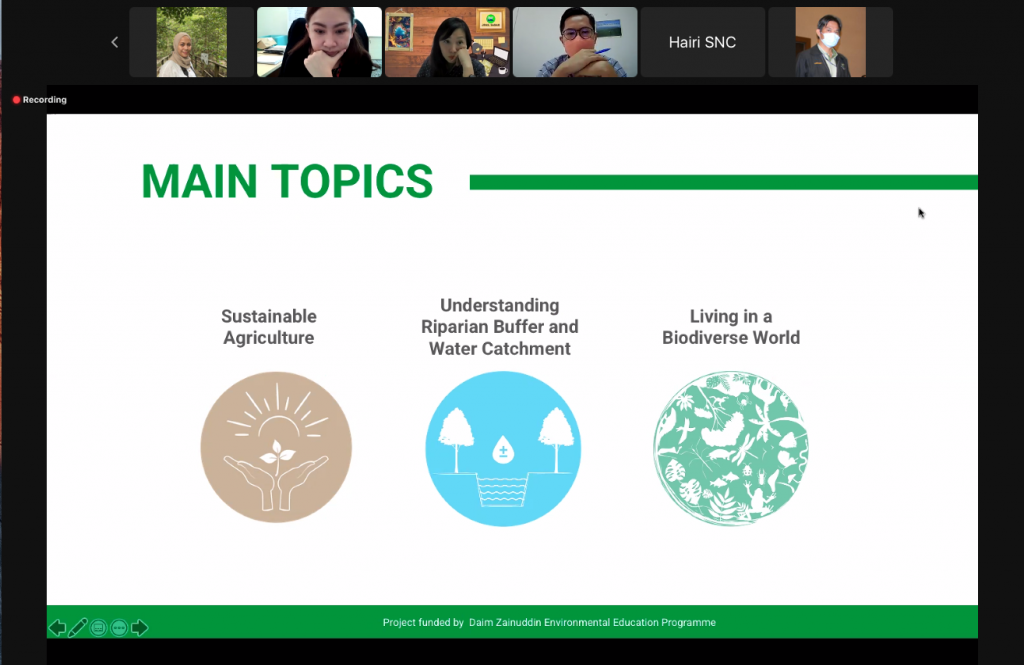
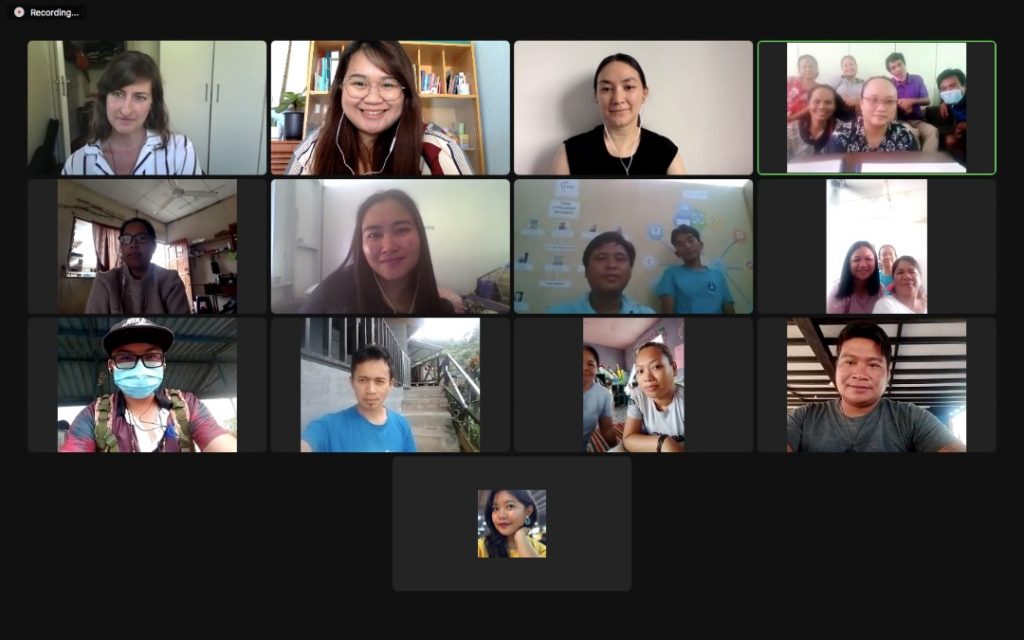
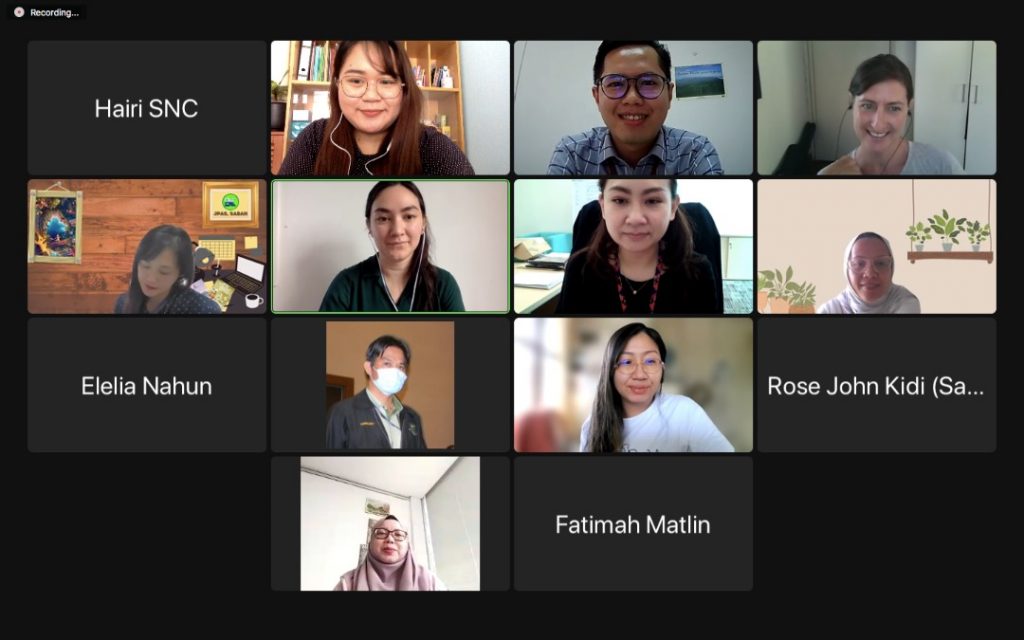
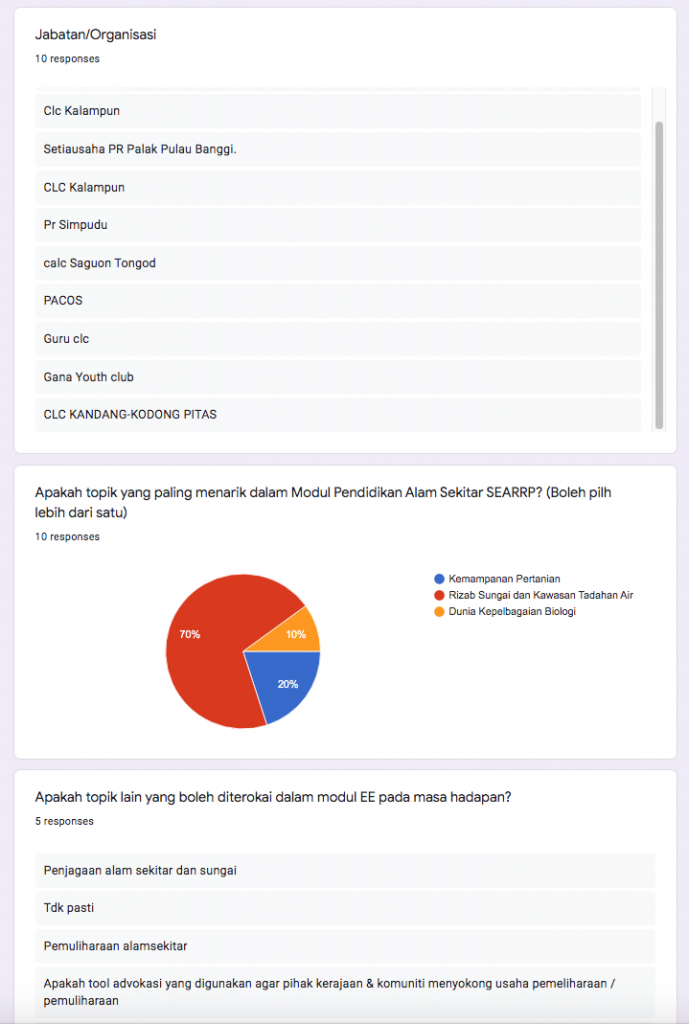
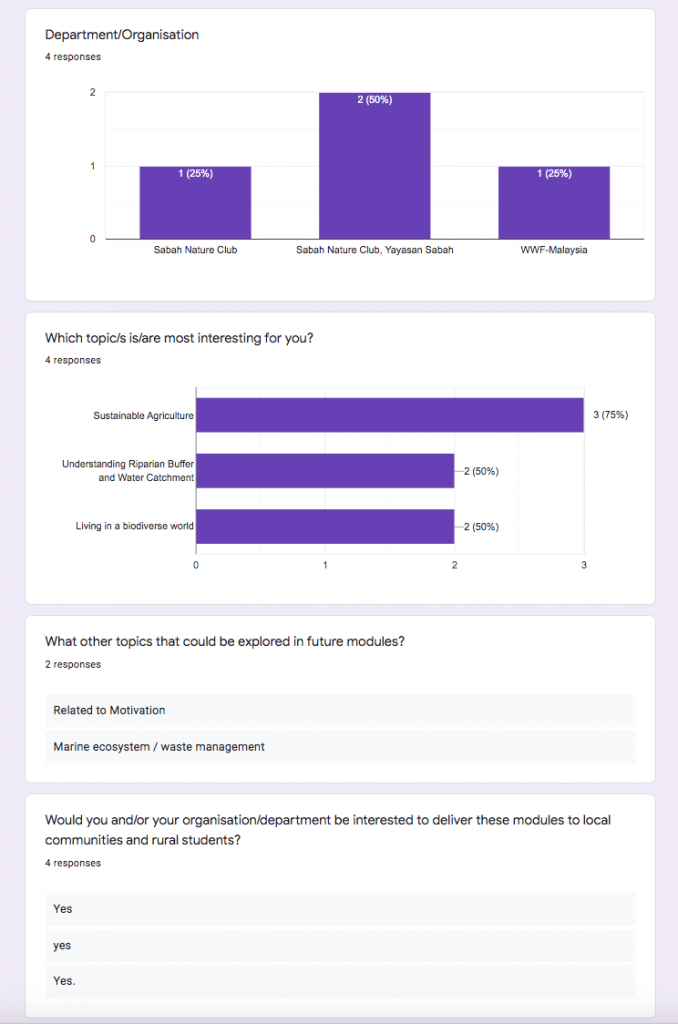
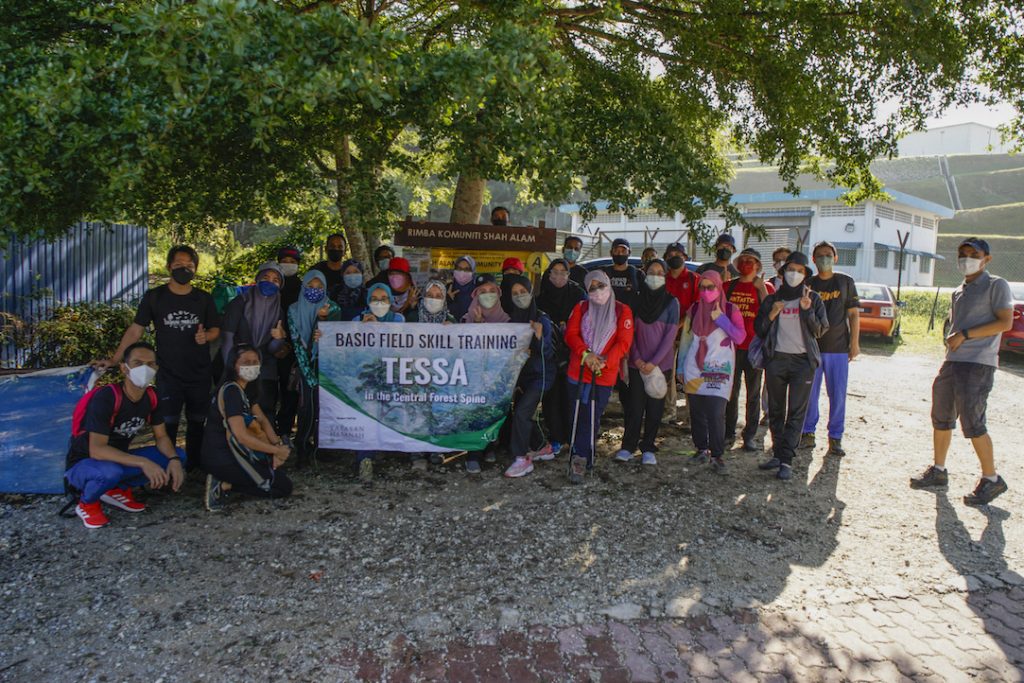
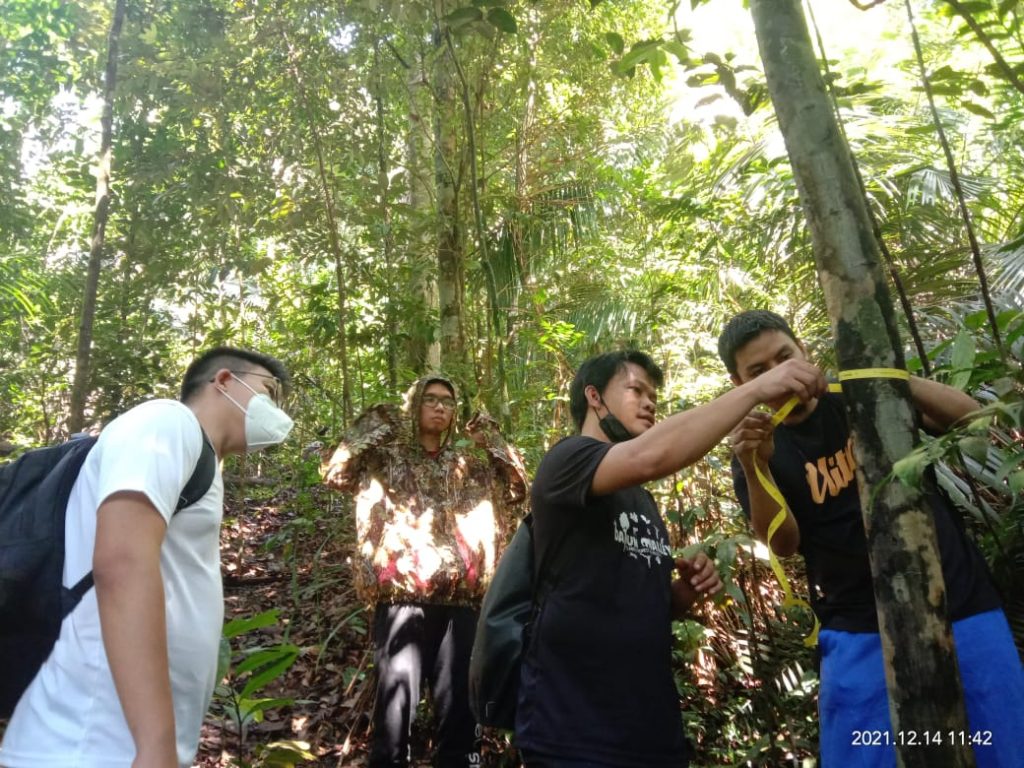
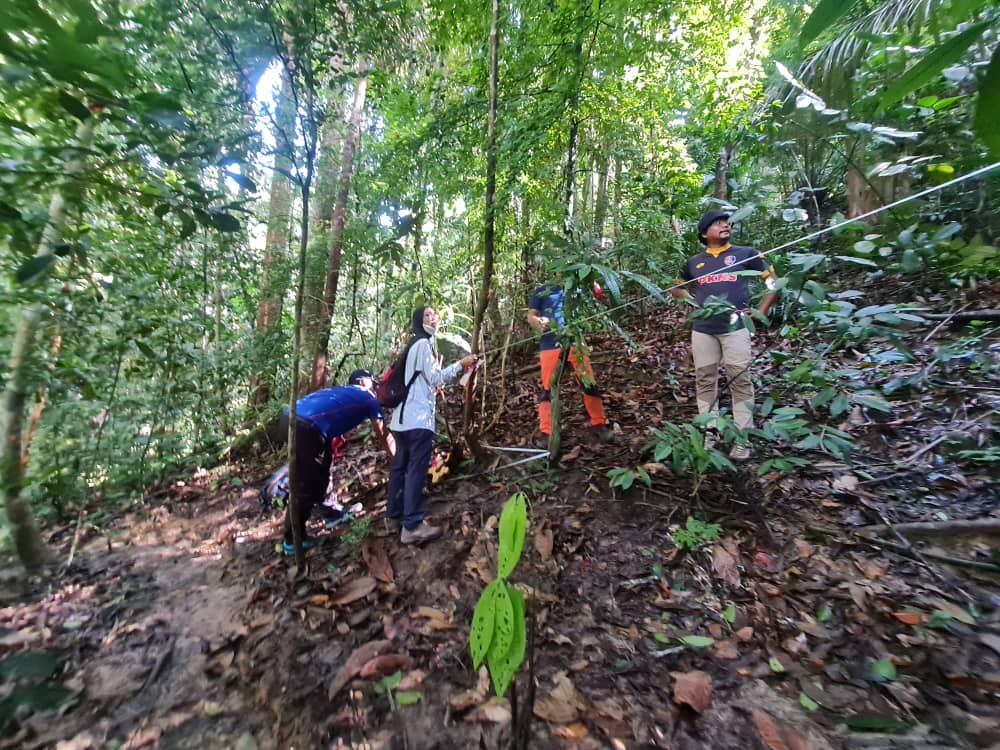
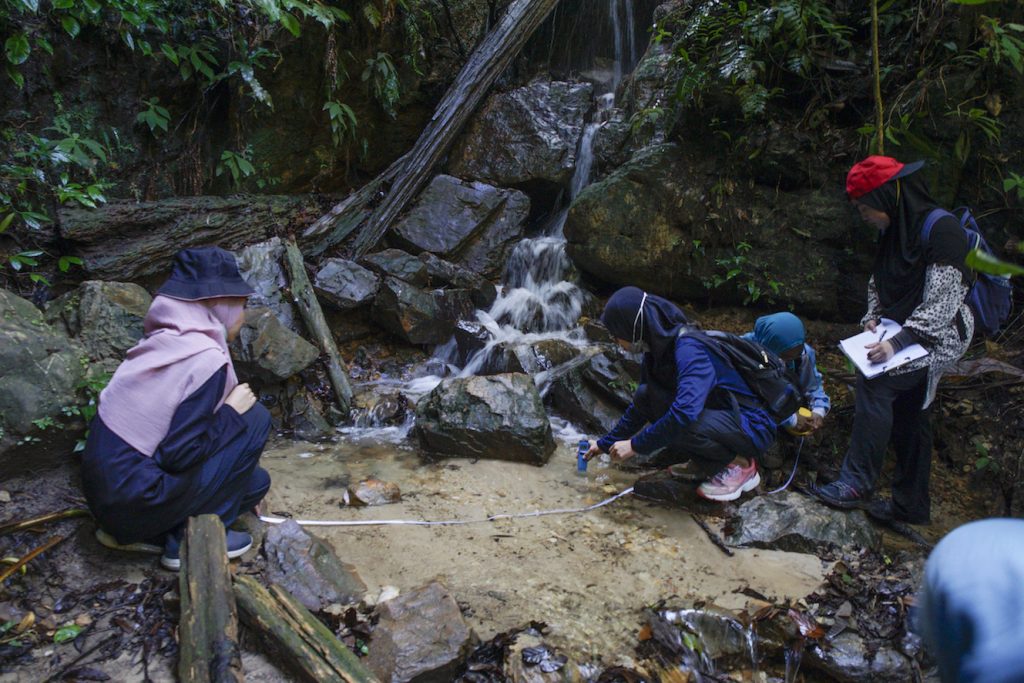
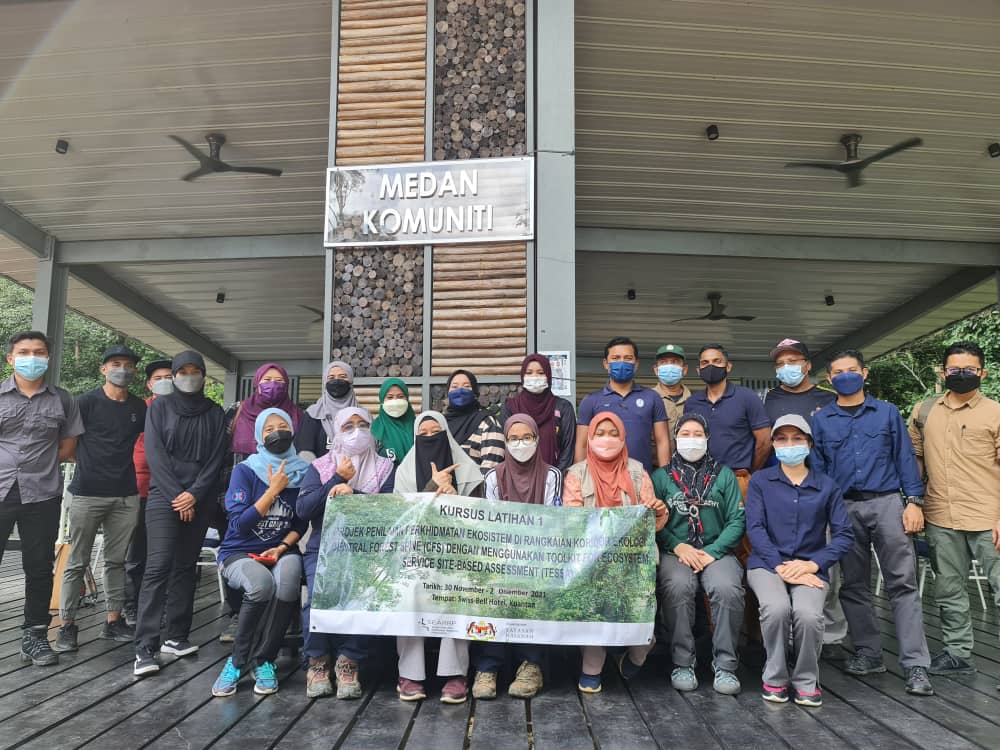
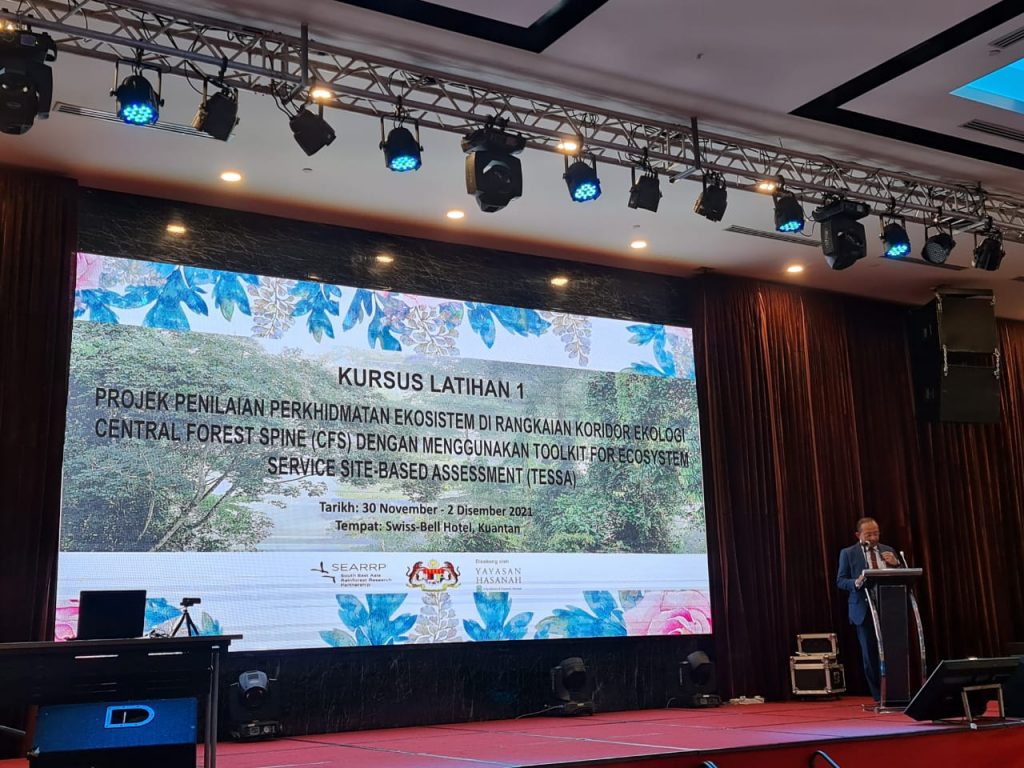
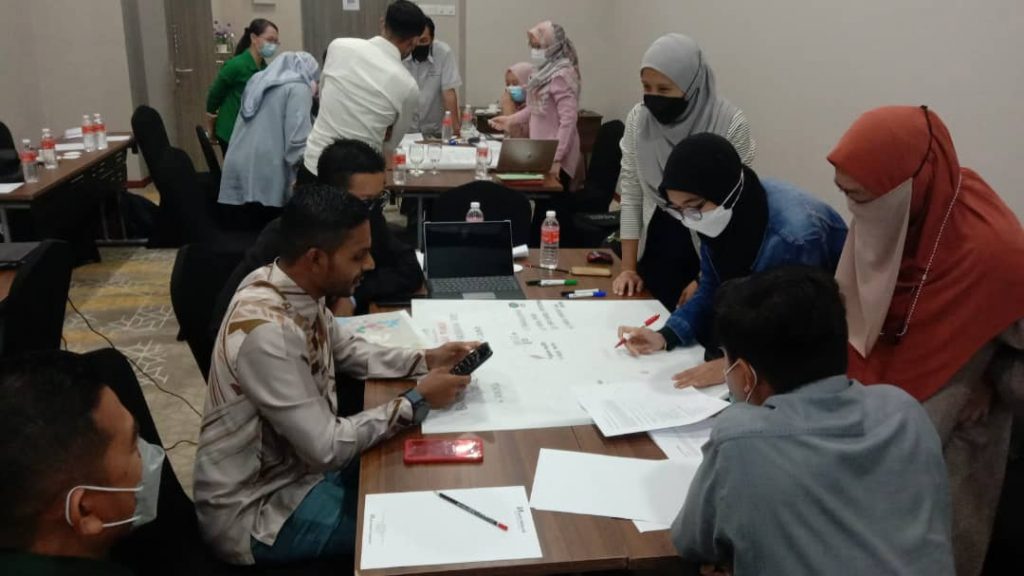
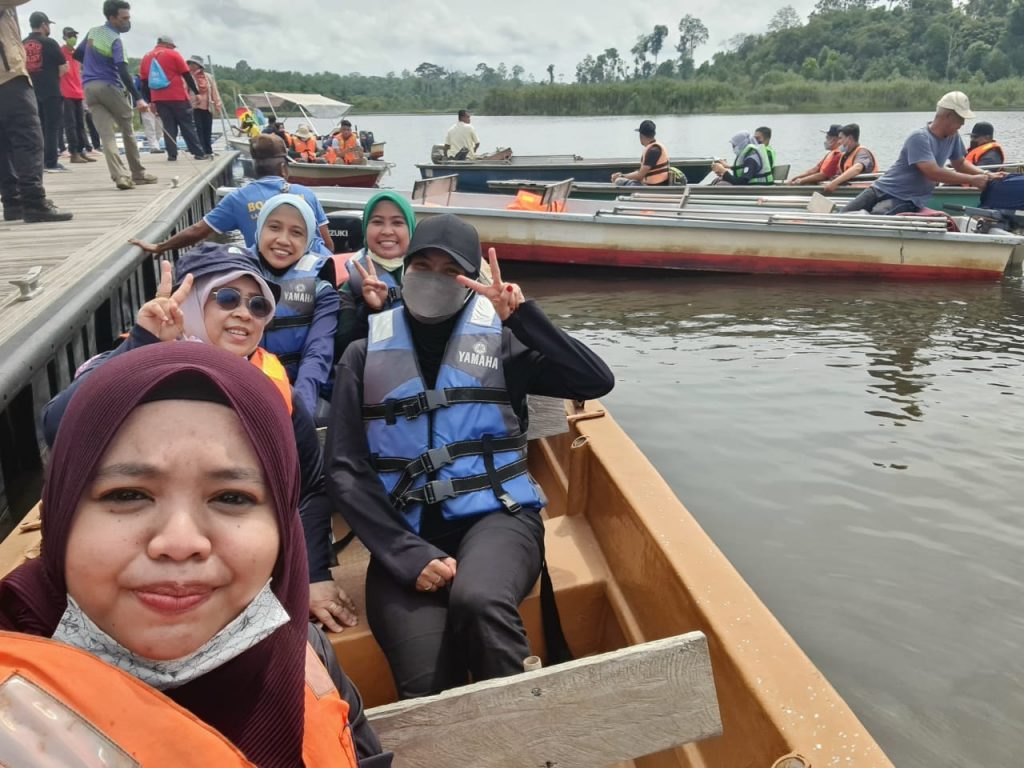
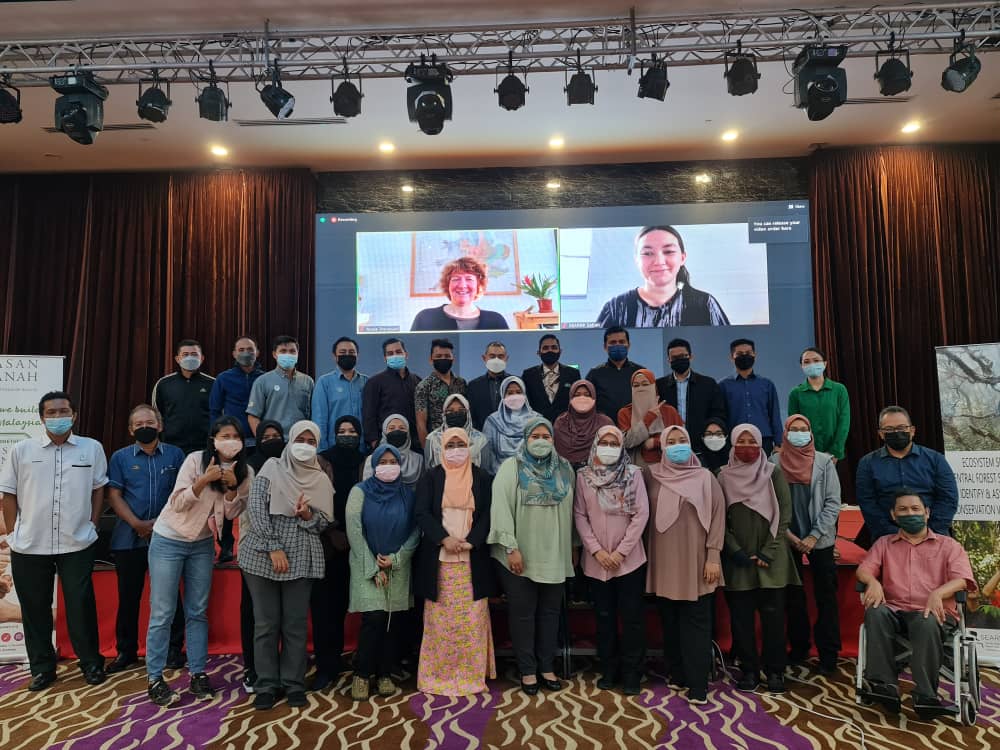
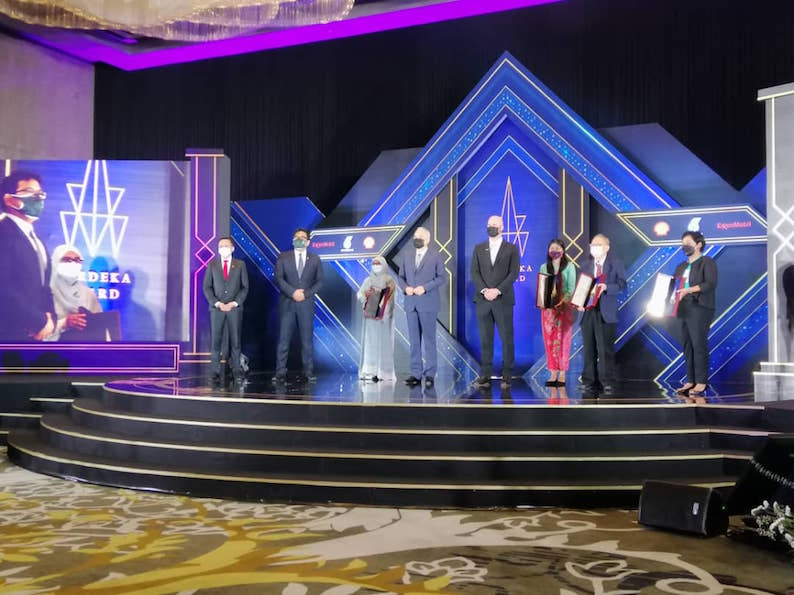

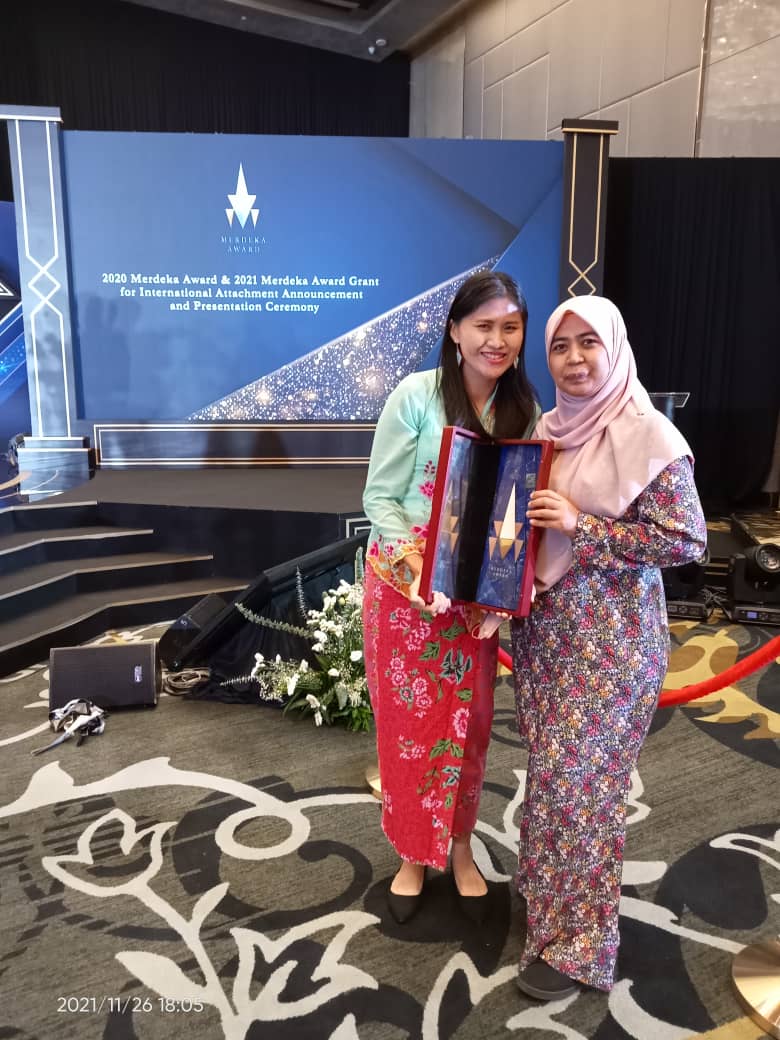
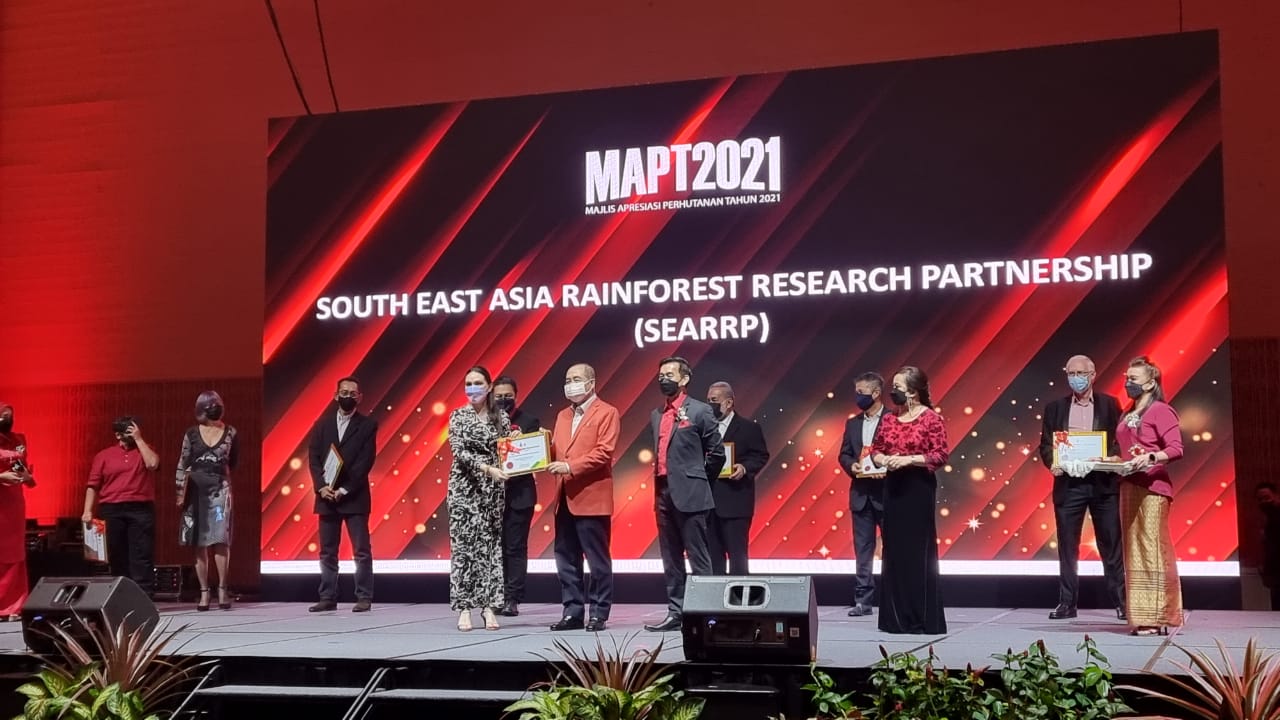 THE MALAM APRESIASI PERHUTANAN 2021 – Forestry Appreciation Night
THE MALAM APRESIASI PERHUTANAN 2021 – Forestry Appreciation Night